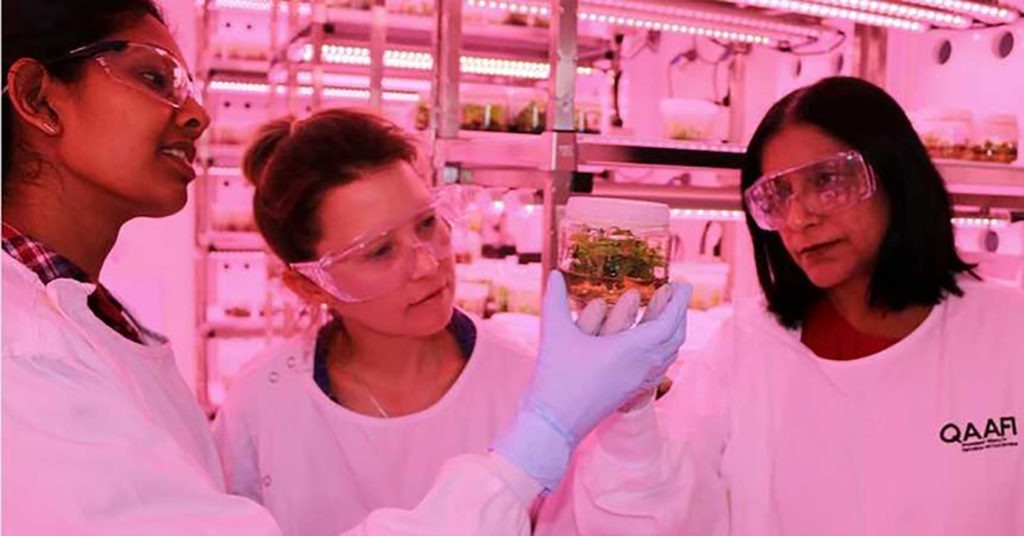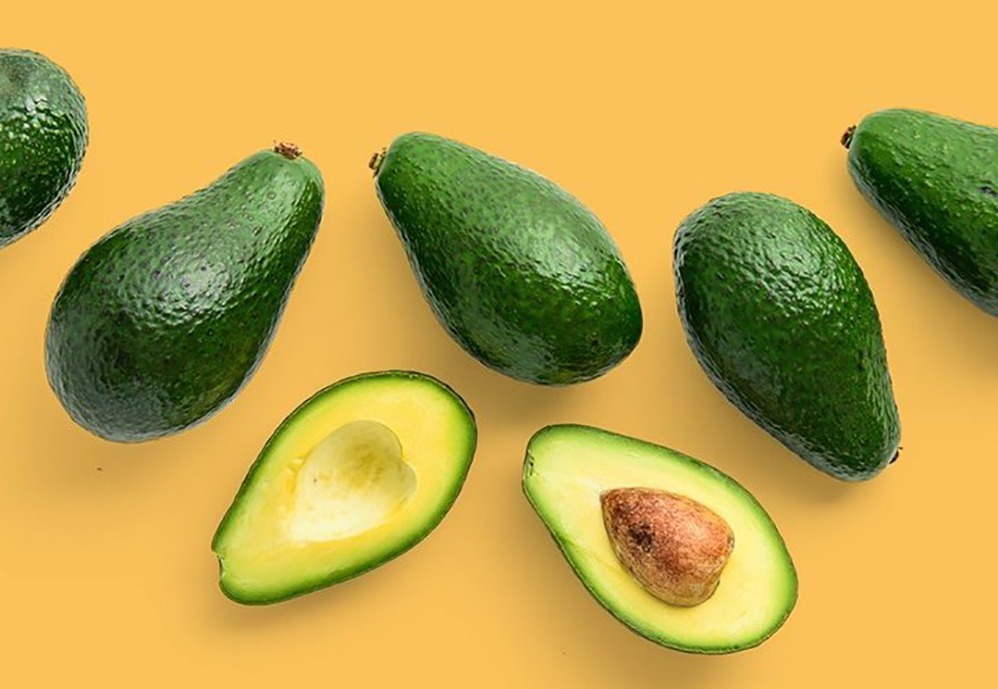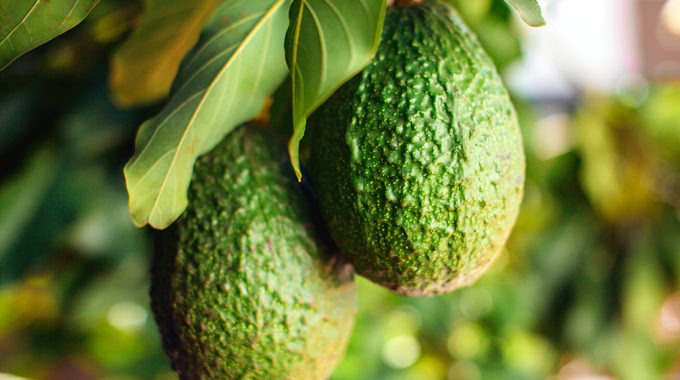Researchers smash avocado bottleneck
Australians love their avocado. According to Avocados Australia, we ate an average 3.88 kilograms of avocados per person in 2019/20. Now, millions of avid Aussie avo fans could soon find themselves thanking University of Queensland researchers for keeping up supply of their favourite fruit. Scientists from UQ may be able to revolutionise avocado production after successfully propagating trees using plant stem cells.
Growers currently get one avocado tree from a single cutting. It then takes up to five years before that tree begins bearing commercial quantities. With this world-first breakthrough, one piece of tissue culture can produce 500 avocado plants in less than a year.
Project leader and director of UQ’s Centre for Horticultural Science Professor Neena Mitter says this process could completely change the Australian avocado industry.
“Every cell in that cutting has the potential to grow into a plant just by giving them proper nutrition, proper light and darkness conditions and proper temperature,” she says.
“The plant stem cell technology allows for up to 500 more plants to be grown from a single cutting in just 10 to 12 months. This significantly reduces the resources required and the time it takes to produce a plant for sale in an orchard.”

Hungry for plants
This isn’t just about producing more fruit; it’s about giving a choice to avocado growers for planting rootstocks with desired traits. Trials have shown that the clonal tissue culture rootstocks are yielding high-quality fruits in the field.
Queensland produces most of Australia’s avocados, accounting for 55 percent of our national crop. The new propagation method is now being trialled on five farms, including properties near Bundaberg, and Tully and Lakeland in the state’s far north.
A survey of avocado growers undertaken by Central Queensland University found that 72 percent cannot access enough plants. Further, nearly half have indicated they already have the skills and knowledge to work with tissue culture trees.
Childers grower Lachlan Donovan has been growing laboratory-propagated Hass avocado trees for three years and is hungry for more.
“In the past, the delay between ordering new trees and planting has been two to three years,” he says. “The biggest advantage of this technology is that we’ll be able to get desired rootstocks and varieties into production quickly.”

Good for growers and the planet
Tissue culture propagation is not a new concept. The method has been used for years to propagate fruits such as bananas. However, woody species like avocado trees are trickier to work with, so commercial tissue culture propagation hasn’t been possible. Until now.
Professor Mitter says there are also environmental advantages for this growing method.
“This is a sustainable technology that reduces the need for water, fertilisers, pest-management processes and farming land used to produce rootstocks,” she says. “Another advantage with tissue culture propagation, particularly in this day and age, is that we can eliminate the movement of soil and the biosecurity risks this entails.”









